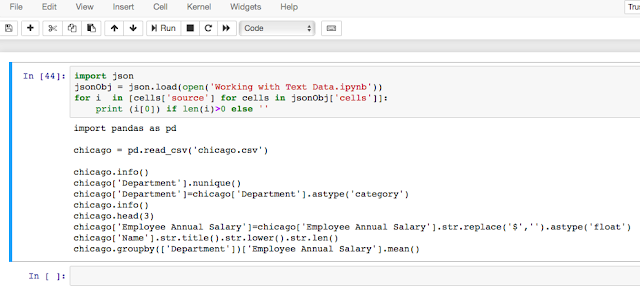

Therefore, if I wanted say 40 frames from this file, I'd be waiting at most 12 seconds, whereas the entire file's decode time is half that. The same file can be decoded to null in only 6 seconds. For only three frames it might not be too bad, but if I wanted to extract a list of, say, 100 or 200 or more frames, it quickly gets unwieldy even for files with good keyframes.Ī very rudimentary test showed that for a test file, five minutes long, with keyframes every 5 seconds, each invocation of ffmpeg takes an average of about 0.22 seconds to run, with the fastest being 0.11 and the slowest being 0.34 seconds. If you assume the worst case (no usable keyframes) then the most efficient way to extract the frames would be to decode the stream once and pick off each frame as it occurs. The problem with this approach is it seems to be resource intensive for a few reasons: running ffmpeg over and over incurs process overhead, and if the video has distant keyframes (or in the worst case none at all) then the decoder must decode several frames for each invocation. I can do this one frame at a time: ffmpeg -i video.mp4 -ss 1.4 -frames 1 frame_1_4.jpgįfmpeg -i video.mp4 -ss 5.6 -frames 1 frame_5_6.jpgįfmpeg -i video.mp4 -ss 10.5 -frames 1 frame_10_5.jpg 1.4, 5.6, 10.5, etc.įor each timestamp, I want to extract the nearest frame and save it to a jpeg file. Output = thumb_with_ffmpeg(args.infile, args.position, args.Suppose I have a list of timestamps, e.g. Help="thumbnail at this position (percentage), " Parser.add_argument("-p", "-position", type=percentage, default=0.5, Parser.add_argument("-f", "-ffmpeg", type=str, default=None, Parser.add_argument("outfile", type=str, help="Output file") Parser.add_argument("infile", type=str, help="Input file") Return os.path.isfile(fpath) and os.access(fpath, os.X_OK)įor path in os.environ.split(os.pathsep):Įxe = os.path.join(path, " not in percentage range [0.0, 1.0)".format(x))ĭescription="Extract a thumbnail from a media file using ffmpeg")

# Any copyright is dedicated to the Public Domain. So here is some sparsely documented code that should be easy enough to understand nonetheless. ffprobe as suggests would have been better for the task of getting the duration otherwise.

One additional requirement was not to use ffprobe (as it might not be available, but ffmpeg would).

As it turns out I had to solve more or less exactly the same thing a while back.


 0 kommentar(er)
0 kommentar(er)
